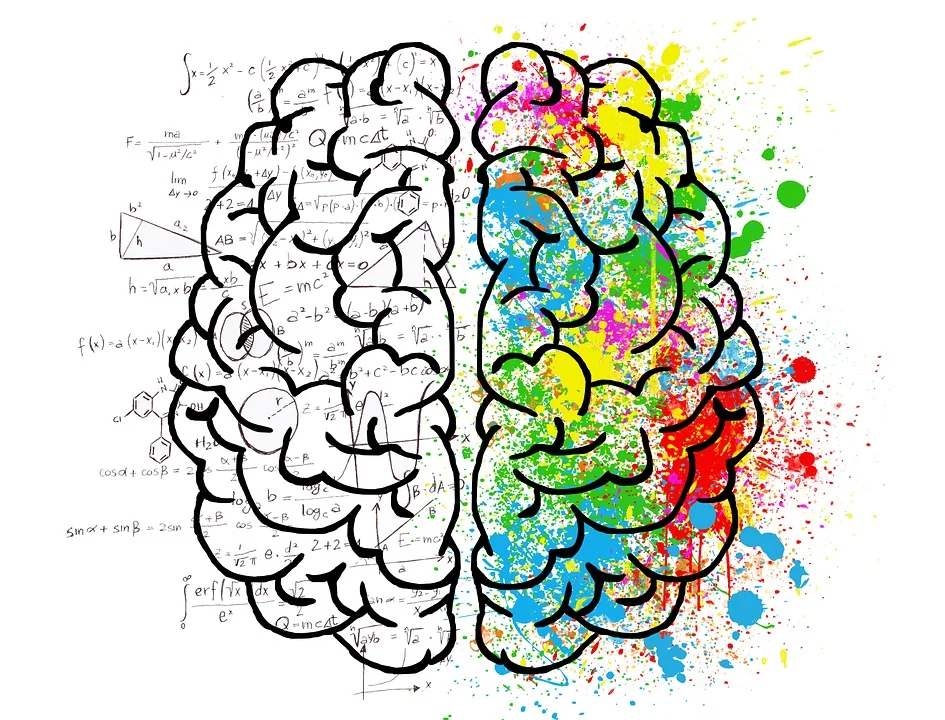The Latest Advancements in Alzheimer’s Research
Alzheimer’s disease is a progressive neurodegenerative disorder that primarily affects memory, cognition, and behavior. With the aging population increasing worldwide, finding effective treatments and preventative methods is of utmost importance. In recent years, there have been significant advancements in Alzheimer’s research, providing hope for patients and their families.
Biomarkers for Early Detection
One key area of progress is the discovery and utilization of biomarkers for early detection of Alzheimer’s disease. Researchers have identified specific proteins, such as beta-amyloid and tau, that accumulate in the brain as the disease progresses. By detecting the presence of these biomarkers in cerebrospinal fluid or through imaging techniques, doctors can diagnose Alzheimer’s even before visible symptoms become apparent, allowing for more proactive treatment plans to be put in place.
Genetic Insights
Understanding the genetic component of Alzheimer’s disease has also seen significant breakthroughs. The identification of specific genetic mutations, such as the APOE ε4 gene variant, has helped researchers better comprehend the risk factors associated with the disease. This knowledge not only aids in early detection but also opens doors for potential gene therapies that could target and modify the progression of the disease at a molecular level.
Advancements in Imaging Techniques
Advanced imaging techniques, such as positron emission tomography (PET) and magnetic resonance imaging (MRI), have revolutionized Alzheimer’s research. PET scans utilizing specific tracers allow researchers to visualize beta-amyloid plaques and tau tangles in the brain, aiding in accurate diagnosis and tracking disease progression. MRI technology has also advanced, enabling scientists to study changes in brain structure and identify abnormalities associated with Alzheimer’s.
Drug Development and Treatment Approaches
Developing effective treatments for Alzheimer’s disease has been a longstanding challenge. However, recent research has identified several promising drug targets and treatment approaches. For instance, monoclonal antibody therapies have shown success in targeting and clearing beta-amyloid plaques from the brain. Additionally, repurposing existing drugs, such as anti-inflammatory medications and diabetes drugs, has also displayed potential in slowing cognitive decline and reducing inflammation associated with Alzheimer’s.
Non-Pharmacological Interventions
Non-pharmacological interventions have gained attention in Alzheimer’s research due to their potential to alleviate symptoms and promote overall well-being in patients. These interventions include cognitive training, physical exercise, and lifestyle modifications. Studies have shown that engaging in mentally stimulating activities and adopting a healthy lifestyle can significantly reduce the risk of cognitive decline and delay the onset of Alzheimer’s symptoms.
The Role of Artificial Intelligence
Artificial intelligence (AI) has emerged as a powerful tool in Alzheimer’s research. AI algorithms can analyze large datasets, identifying patterns and associations that humans may overlook. This technology has been particularly useful in predicting disease progression, developing personalized treatment plans, and improving early detection methods. With continued advancements in AI capabilities, the potential for more accurate diagnoses and targeted treatments is greatly enhanced.
Conclusion
The field of Alzheimer’s research is continuously evolving, and the latest advancements provide hope for millions of individuals affected by this devastating disease. Early detection through biomarkers, genetic insights, improved imaging techniques, drug development, non-pharmacological interventions, and the integration of artificial intelligence are all contributing to a brighter future. While a cure for Alzheimer’s disease remains elusive, these breakthroughs open new avenues for effective management and improved quality of life for patients.


